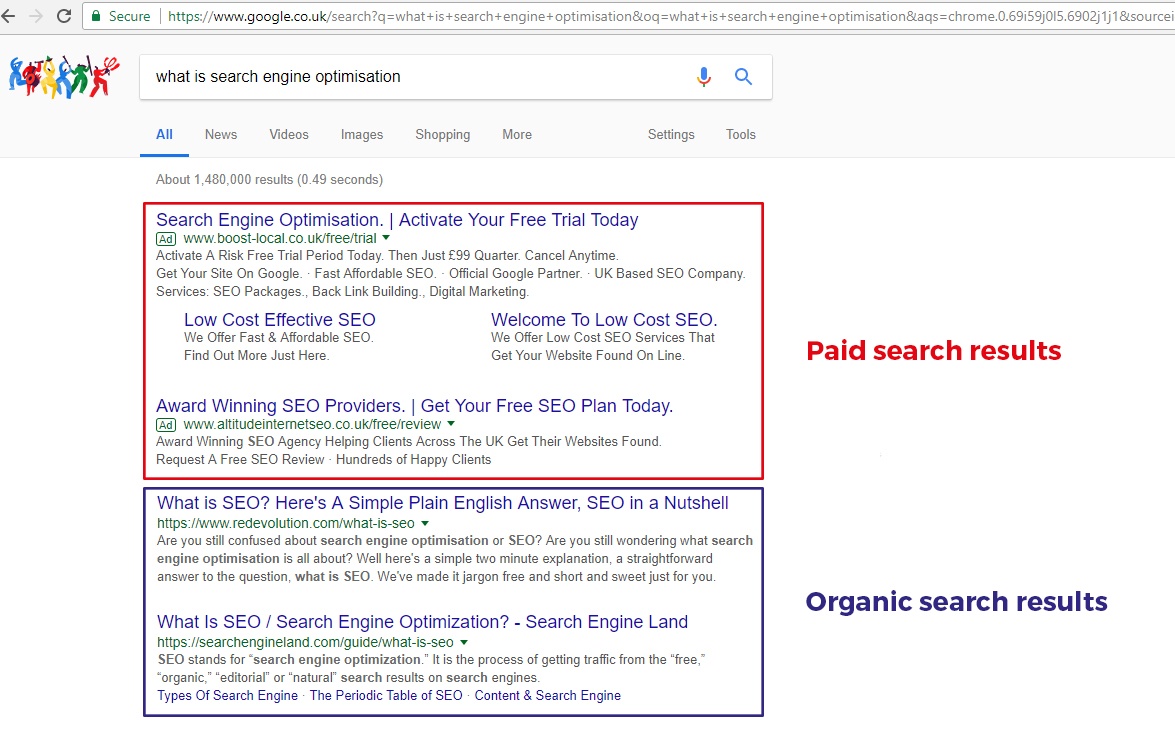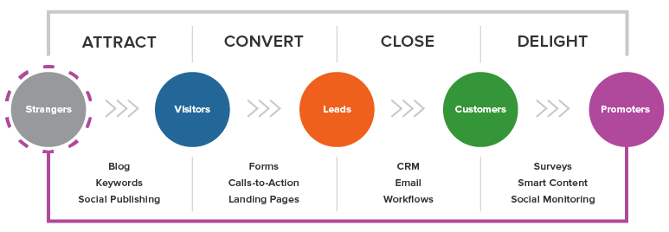You did it, you’ve launched your own start-up and made the move online with your finely crafted new website. Unfortunately, the hard work doesn’t stop here. In a fast-paced online environment, you’ve got to be a step ahead to garner interest from your target audience and win those all-important sales.
It’s time to establish your brand name. Digital marketing is a powerful tool when it comes to building an online presence and getting found by potential customers.
We've looked at 6 key digital marketing strategies to promote your business and catapult growth for your start - up.
Search Engine Optimisation (SEO)
In a highly competitive online environment, optimising for search engines is more important than ever. SEO is a marketing practice that focuses on increasing the quantity and quality of website traffic through organic search engines, like Google.
Read now: SEO 101: An Explanation for Beginners
Made up of multiple aspects, SEO includes page copy, how other websites link to you and simply making sure your site is well structured for search engines. While it’s important for search engines to easily crawl your web pages, SEO aims to improve your website for humans too.
SEO is important regardless of what your website offers; content, products, services or general information. People use Google to seek answers to their queries and if search engines can’t find your site, you’ll miss the opportunity to get in front of eager prospects. When SEO is done correctly and your content ranks for related keywords, you’ll see success continue over time, unlike advertising, which requires continuous investment.
Pay Per Click (PPC)
Pay per click (PPC) can be a great tool to complement your organic search optimisation efforts, whilst also helping you maximise reach. In fact, a PPC campaign is one of the faster & more efficient ways for companies to capture the right leads and generate brand awareness, as your audience is looking for you, as opposed to the other way around.
Blog: 8 Tips for better PPC performance.
Consumer behaviour, technology and digital platforms are always changing. Through extensive keyword research, customer journey analysis and competitor insights, an optimised PPC strategy that compliments your SEO strategy will help you meet your KPIs.

Paid search results vs Organic search results
Social Media
The universal power of social media in recent years has provided businesses with the optimum communication opportunity to reach out and connect with potential customers. Social media offers start-up firms the opportunity to attract prospective customers, engage them with exciting content and network in professional online communities.
By posting insightful company news and valuable content on your social media channels, your followers will be more inclined to share it with their own followers, increasing the reach of your post. By linking these social updates to your website, you can successfully drive traffic back to your site. It's great for Search Engine Optimisation (SEO) too, with Google recognising social media mentions as a valuable referral link, pushing your site further up on Google’s search rankings.
Blog: Costly Social Media Fails to Avoid
Email Marketing
Email marketing remains a powerful marketing tool. Not only for improving lead generation, but also for up-selling opportunities and customer retention. By delivering engaging information to a targeted contact list, you can build your client base, establish your business as a thought-leader and improve your Return on Investment (ROI). While the content you offer is vital, the way you structure your campaigns matters enormously too. Always use the right data, segment your database, personalise your emails and never forget to analyse your results.
By sending informative and valuable offers – whether it’s downloads, discounts or educational content, people will more likely share your emails with their friends or colleagues. Don’t forget to add a ‘Forward to a Friend’ link or social media sharing buttons within each email so people are encouraged to pass on the message.
Download » Cut Social Media Monitoring to 10 Mins a Day.
Content Marketing
Content marketing, in the broadest sense, describes using content to market products and services. It’s about creating content that is relevant and valuable to your prospects and placing it where they can find it, with the aim of delivering profitable results.
Content can come in the many different shapes and forms. Some of the most common types include:
- Blogs
- Landing pages
- Info-graphics
- Email newsletters
- Videos
- Guides, eBooks or whitepapers
- Webinars
By aligning content to your prospects interests, you will naturally attract inbound traffic that you can then convert, close and retain. By embracing content marketing for your start-up, you can position yourself as a thought leader in your industry. The content you publish should be informative, interesting and educational to help your target audience address problem areas they may face every day.
Inbound Marketing
Inbound marketing has reinvented how brands reach their audience in a marketplace where buyer behaviour has changed. The methodology helps businesses focus on attracting the right type of customer through helpful and relevant content, adding value at every stage in the customer’s journey.
An inbound marketing strategy cannot be executed without content, including blogs, eBooks, social media content and website content for example. However, it also goes much deeper than just content. Inbound is a metrics and result driven methodology, therefore your content marketing needs to be tightly integrated with your conversion strategy.
The Inbound Methodology

The technique focuses heavily on content marketing, email marketing, search engine optimisation (SEO), website optimisation, lead generation and social media, to increase brand awareness and create high quality sales leads for your business. Inbound marketing helps brands attract and retain customers who will refer and promote your brand.
Download: How to run an inbound marketing campaign.
Final thoughts...
A consistent digital marketing strategy will ensure your new business is easily found online by eagerly searching prospects. An optimised website and seamless marketing activities is the key to enhancing visibility, boosting brand awareness, establishing trust and generating sales.
